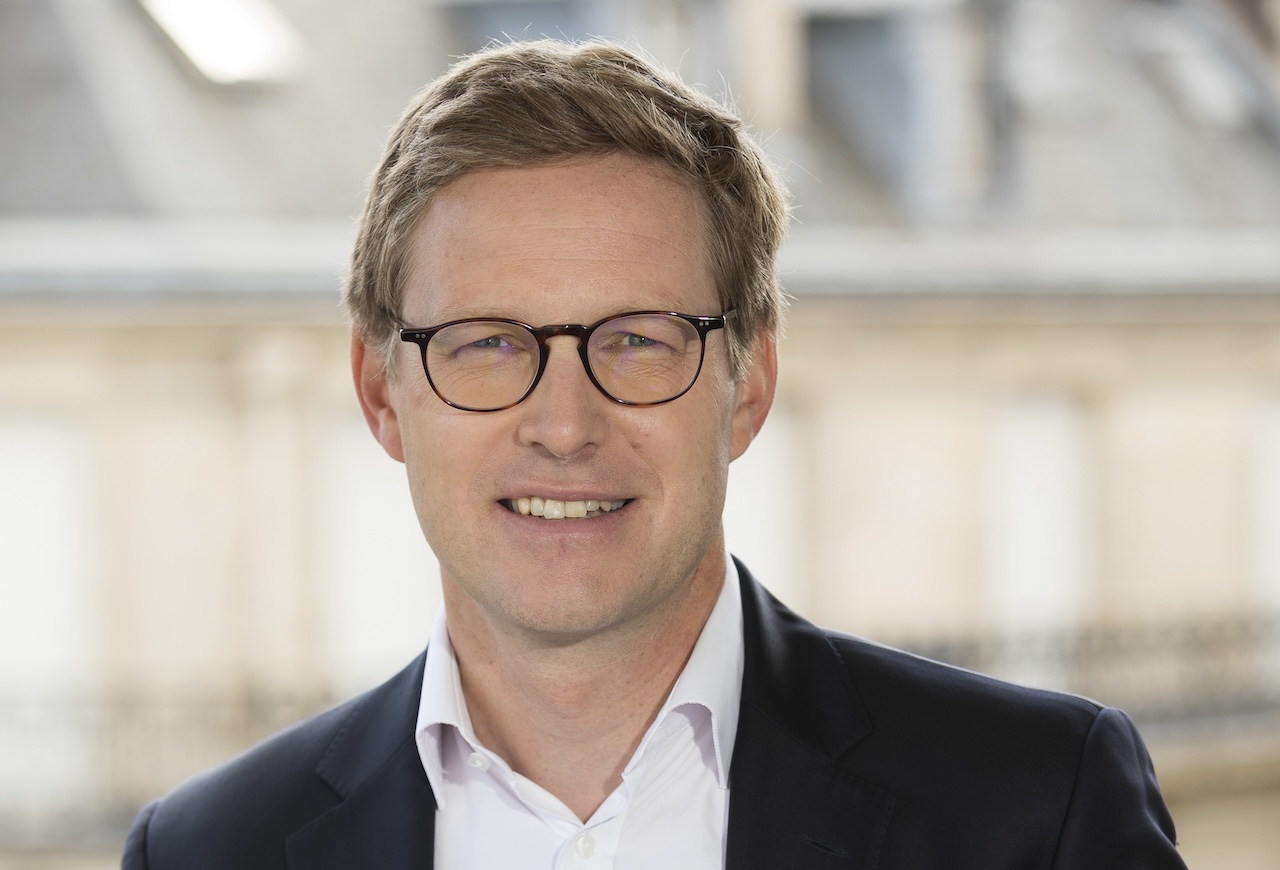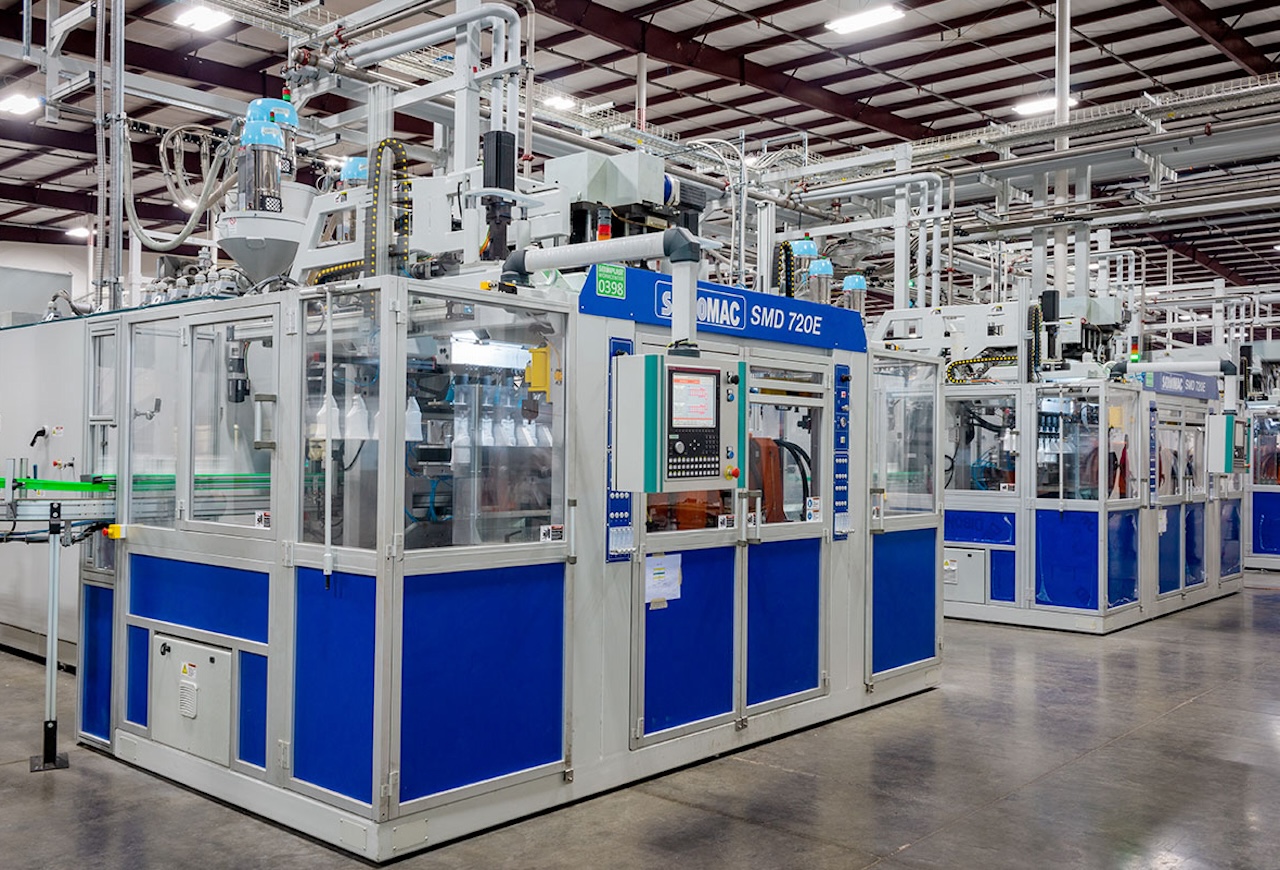Eiffel Investment Group has announced the final close of its Eiffel Impact Debt II fund, which has already deployed nearly 60% of capital raised across 21 European medium sized enterprises.

Paris-based impact investment manager Eiffel Investment Group, has raised a total of €777m in commitments for its Eiffel Impact Debt II fund, which the company said was 35% more than the fundraising for fund I.
Investors in the fund include insurance companies, mutual funds and some family offices, mainly from France, although the company would not be drawn on specific names.
The Article 9 fund provides senior debt financing between €10m and €100m on a standalone basis or jointly with other investors, with the aim of financing the growth of 40 medium sized enterprises across Europe.
For every company financed, the fund will target what Eiffel describes as “concrete and measurable areas of progress in ESG strategy” focused on the fair transition and the ecological transition. These areas of progress are determined in collaboration with the management of each company and outlined in the impact covenants signed with each investee ahead of investment.

Speaking to Impact Investor, Antoine Maspétiol, head of private debt at Eiffel, said: “We try to have a conversation with management about areas where they can improve without being too prescriptive, acknowledging that they know their businesses best.”
These areas of progress include environmental and climate-related targets such as a reduction in carbon emissions, carbon intensity or portfolio allocation based on the Science Based Targets initiative’s carbon methodology, as well as social impact targets, such as the inclusion of people with disabilities in the workforce, workplace training, gender equity, workplace safety, employee share ownership or a range of social impacts on the local community.
The fund is sector agnostic but Maspétiol said that the portfolio was dominated by companies in the healthcare, industrial and service sectors.
“Credit risk is a key consideration but otherwise we’re very open to look at other sectors,” he said. “The key for us is to target companies that are at the very beginning of discussions around impact. Those that don’t yet really understand ESG. That’s where we can bring real impact and deliver additionality.”
Impact covenants
Maspétol explained that the impact covenants outlined a common set of measurability criteria that investees had to apply, albeit individual investments would have different areas of improvement identified.
“Each covenant relates to either one of our two objectives, the ecological transition or the fair transition but for every company we finance, we need to find concrete ways to improve key indicators that relate to their businesses,” said Maspétiol. “This can be as simple as measuring the carbon footprint and designing a trajectory of where the company needs to get to over the lifetime of the loan. We would also ask them to report on their progress at least once a year to ensure they’re on track to meet their goals.”
Maspétiol said companies had an interest in improving their ESG indicators to reduce the credit risk and the interest charged on the loan.
“If the credit risk profile of a company improves thanks to strong financials, the interest margins charged on the loan will reduce. Likewise, if a company meets its impact objectives or if it doesn’t and continues to pollute for example, this can affect the financial performance and therefore the credit risk and the margins, which can go up or down.”
Portfolio investments
The fund has invested 60% of capital raised across 21 companies. Maspétiol explained his team started to invest two years ago, shortly after the fund’s first close at €250m in June of 2022.
“We have invested continuously since 2022. Some of the investments are follow-on investments from the first vintage. We also have 14 fund mandates across Eiffel and this fund was able to co-invest alongside some of them.”

Of the 21 investments made so far, Maspétiol gave the example of a €23.5m investment in June into German company Serioplast, a global producer of rigid plastic packaging for the fast-moving consumer goods industry.
The impact covenants signed with the company included GHG emissions targets for scopes 1 and 2 in line with the Paris Agreement’s 1.5°C scenario and scope 3 emissions in line with the ‘well below 2°C’ scenario of warming above pre-industrial levels. There are also targets related to reducing workplace accidents and the incorporation of further recycled content into products as a percentage of raw materials used.
Maspétiol explained that Serioplast used 30% of recycled raw materials in its manufacturing processes compared to its competitors, which typically used less than 20%.
“Eiffel’s goal is to provide Serioplast with incentives to keep increasing the share of recycled raw materials. That is the role of one of the impact covenants implemented in the loan agreement, which sets precise targets for each year until 2029,” he said.
“Despite management’s initial doubts, the investment team also succeeded in integrating impact covenants into the loan agreement such as the direct reduction of its carbon footprint, where before our involvement the management team had favoured the use of carbon credits. This deal demonstrates Eiffel’s additionality.”






